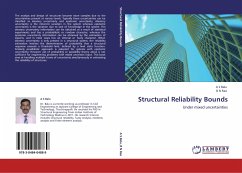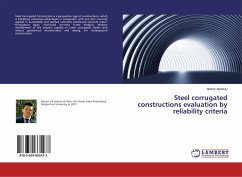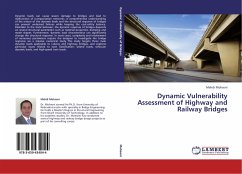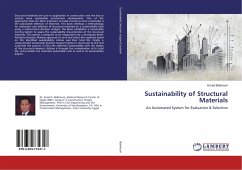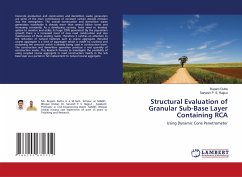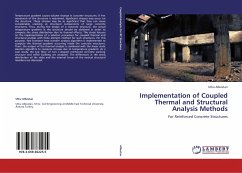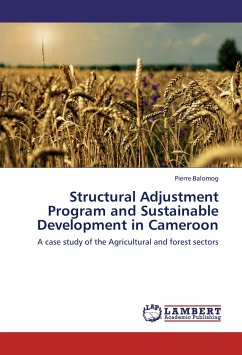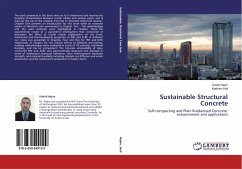The analysis and design of structures become more complex due to the uncertainties present at various levels. Typically these uncertainties can be classified as aleatory uncertainty and epistemic uncertainty. Aleatory uncertainty is the inherent variation in the system whereas epistemic uncertainty is the variation due to lack of knowledge in the system. The aleatory uncertainty information can be obtained as a result of statistical experiments and has a probabilistic or random character, whereas the epistemic uncertainty information can be obtained by the estimation of experts, and in most cases has an interval or fuzzy character. When aleatory uncertainty is only present in a structural system, the reliability estimation involves the determination of probability that a structural response exceeds a threshold limit, defined by a limit state function. Similarly possibilistic approach is adopted for systems with epistemic uncertainty. However use of probability or possibility theory alone is not sufficient for engineering problems with mixed uncertain input. This book aims at handling multiple forms of uncertainty simultaneously in estimating the reliability of structures.

